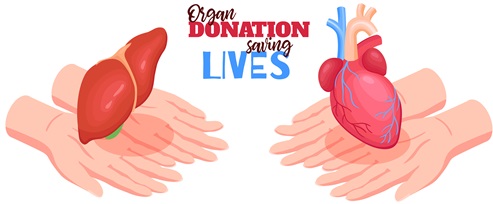A major shift in organ donation policy takes effect today as the government launches a new National Organ Donation Opt-Out Register, fundamentally changing the way consent is handled in Ireland.
Under the new Human Tissue Act, everyone aged 18 and over is now automatically considered to have given consent to donate their organs after death, unless they have explicitly stated otherwise. This marks the end of the previous “opt-in” system, where individuals had to proactively register their wish to become a donor.
The aim of the new system is to significantly increase the number of available organs for transplant, potentially saving thousands of lives every year. Health officials say the change reflects a growing public consensus in support of organ donation, and brings the country in line with several other nations that have already adopted similar policies.
The National Organ Donation Opt-Out Register goes live this morning. Individuals who do not wish to donate their organs—or who have specific preferences about which organs can be used—can record their decision via the official HSE website or by calling the dedicated helpline.
Medical professionals emphasise that families will still be consulted before any organ donation takes place, and cultural and religious beliefs will continue to be respected.
In addition to the new opt-out rules, the updated legislation also introduces a major ethical advancement: altruistic living organ donation to strangers is now permitted.
This allows healthy individuals to donate a kidney or part of their liver to someone they do not personally know, under carefully regulated medical and psychological conditions. The move is expected to help reduce waiting lists for life-saving transplants, and has been praised by transplant charities and ethical bodies alike.
If you support organ donation, no action is required—your consent is now presumed. However, if you have reservations or specific wishes about your body after death, it is important to record them officially on the opt-out register.
For more information on the change please visit: www.gov.ie/organdonation








